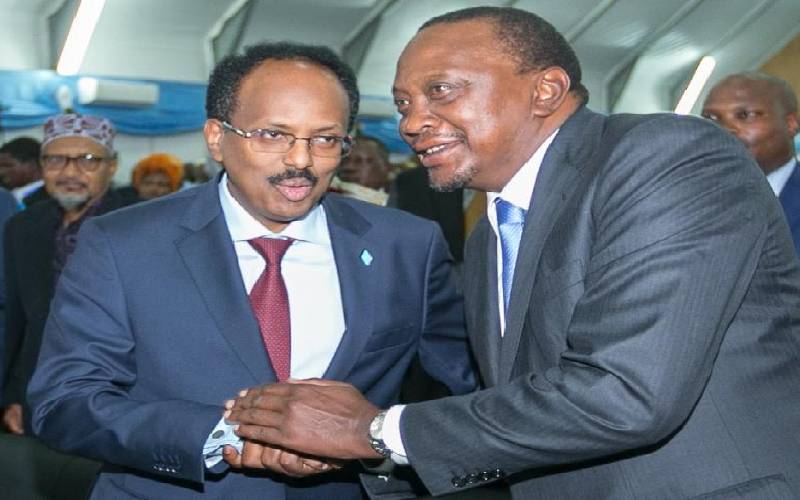×
The Standard e-Paper
Kenya’s Boldest Voice

A group of 20 individuals want Kenya to decline participating in a court case that has been filed at the International Court of Justice (ICJ) involving a maritime border dispute with Somalia.
The group has argued that the case violates Kenya’s Constitution.